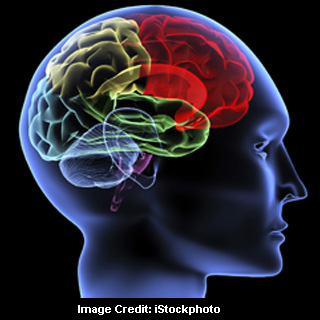
During the study, 58 volunteers were made to fill in standard questionnaires that asked details about the size and the intricacies of their social networks. Then scientists calculated the number of regular contacts each participant maintained and social groups these contacts belonged. Study subjects were also made to undergo a magnetic resonance imaging brain scan for analyzing brain structures, including the volume of the amygdala.
It was observed that individuals with larger amygdale probably have higher and more complex social networks. This association was registered among older as well as younger men and women. It can therefore be asserted that the human amygdale has evolved partially to deal with an increasingly complex social life. Lisa Feldman Barrett Professor of Psychology and colleagues believe that only the amygdale has an impact on social life.

